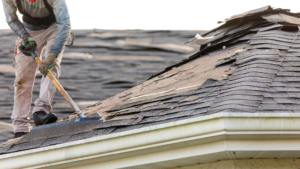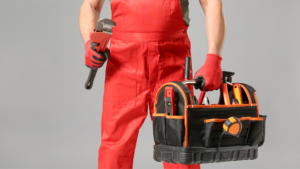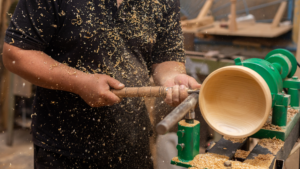How Does a Pressure Washer Work ? Quick Guide
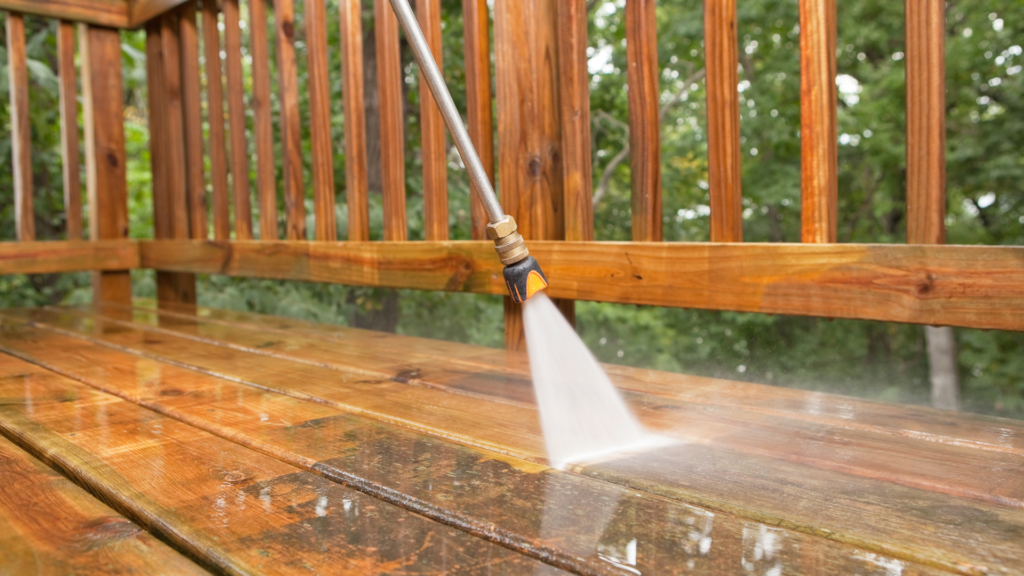
Introduction
Pressure washer or Power washer have become an indispensable tool for cleaning various surfaces efficiently and effectively. Whether it’s removing dirt from your driveway, cleaning your car, or revitalizing your home’s exterior, pressure washers offer an unparalleled cleaning power. But have you ever wondered how these machines work? In this article, we will explore how does a pressure washer work, delve into the key components, and understand the science behind their impressive cleaning capabilities.
The Basics of Pressure Washing
A pressure washer is a mechanical device that utilizes high-pressure water to clean surfaces. It consists of three fundamental components: a motor or engine, a water pump, and a high-pressure hose with a nozzle. The motor/engine powers the water pump, which draws water from a water source and pressurizes it. The pressurized water then travels through the hose and exits through the nozzle, creating a powerful jet that can remove dirt, grime, and debris.
How does a Pressure Washer Pump work ?
The water pump is the heart of a pressure washer. It generates the required pressure by using either an electric motor or a gas engine to drive a piston or an impeller. As water enters the pump, the piston or impeller rapidly moves back and forth, creating pressure and forcing the water through a narrow opening. This pressure amplification is measured in pounds per square inch (PSI) and gallons per minute (GPM).
Most pressure washers feature adjustable pressure settings to accommodate different cleaning tasks. Pressure regulation is achieved by either altering the size of the nozzle’s orifice or by using a pressure regulator valve. Adjusting the nozzle or valve restricts the flow of water, resulting in increased pressure.
The Nozzle: The Power Behind the Jet
The nozzle plays a crucial role in shaping the water jet produced by a pressure washer. It has a small orifice that restricts the water flow, causing the water to exit at high velocity. This high speed jet of water is what makes pressure washing so effective. When the trigger gun is activated, it initiates the flow of water through the high pressure hose towards the nozzle.
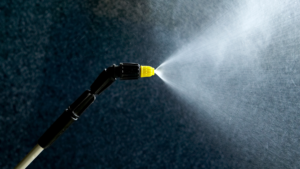
The nozzles are available in various sizes and spray patterns, such as 0-degree, 15-degree, 25-degree, and 40-degree angles. The narrower the angle, the more concentrated and powerful the water jet becomes. However, it’s important to use the appropriate nozzle for each cleaning task to prevent damage to delicate surfaces.
The pressure generated by a pressure washer is measured in pounds per square inch (PSI). The higher the PSI rating, the more forceful the water jet will be. Pressure washers designed for residential use typically have a PSI ranging from 1,300 to 2,800, while commercial-grade pressure washers can exceed 4,000 PSI.
How effective is Pressure Washer ?
Now that we know the main components and how they work together, let’s understand the science behind the pressure washer’s effectiveness in cleaning. When a pressure washer is used to clean a surface, the high pressure water jet dislodges dirt particles by exerting a force against them. This force not only removes loose dirt but also breaks the bond between the surface and stubborn stains, making them easier to remove.
The high pressure water also acts as a kinetic energy weapon against unwanted substances. The force of the water jet can physically push away moss, mildew, and other organic growth, preventing their regrowth and keeping surfaces cleaner for longer.
In addition to its cleaning power, a power washer also conserves water compared to traditional cleaning methods. The concentrated high-pressure jet requires less water to accomplish the same cleaning task as a conventional garden hose. This is due to the increased kinetic energy and the ability to target specific areas, minimizing water wastage.
Detergent Injection and Additional Features
Many pressure washers come equipped with a detergent injection system. This system allows the user to introduce cleaning agents into the water stream, enhancing the cleaning power and effectiveness. The detergent is mixed with the pressurized water before exiting through the nozzle, ensuring thorough cleaning, it forms a foamy solution that is sprayed onto the surface, allowing the cleaning agents to penetrate deeper and provide better cleaning results.
Additionally, some power washer feature extra attachments and accessories to tackle specific cleaning tasks. These can include surface cleaners for flat surfaces like driveways, extension wands for hard-to-reach areas, and rotating brushes for gentle cleaning of sensitive surfaces.
Benefits of Pressure Washer
Beyond their cleaning capabilities, these powerful machines offer a range of benefits that make them a valuable tool for both residential and commercial use
Efficient and Time-Saving
One of the most significant benefits of using a pressure washer is its efficiency and time-saving nature. The high pressure water jet generated by the machine can remove dirt, grime, mold, mildew, and other stubborn stains in a fraction of the time it would take with traditional cleaning methods. This efficiency makes pressure washers ideal for large surface areas, such as driveways, decks, and patios, as well as commercial settings like parking lots and warehouses.
Deep Cleaning and Versatility
Power washer provide a deep and thorough cleaning that surpasses what can be achieved with manual scrubbing alone. The high pressure water jet penetrates deep into the pores and crevices of surfaces, ensuring the removal of ingrained dirt and stains. From removing grease and oil stains from concrete surfaces to revitalizing weathered wood, pressure washers are versatile tools that can tackle a wide range of cleaning tasks.
Environmentally Friendly
Pressure washers offer an environmentally friendly cleaning solution. Unlike certain chemical cleaners that can harm the environment, pressure washers primarily rely on the power of water. The forceful jet dislodges dirt and contaminants without the need for excessive chemicals. In cases where a cleaning agent is necessary, pressure washers often allow for the use of biodegradable and eco-friendly detergents, minimizing the impact on the environment.
Enhanced Home and Property Maintenance
Regular use of a pressure washer can help maintain and enhance the appearance and longevity of your home and property. By removing dirt, mold, and mildew, pressure washers can prevent the deterioration of surfaces, such as siding, roofing, and fences. Cleaning outdoor furniture, grills, and vehicles becomes a breeze with a pressure washer, keeping them looking their best.
Cost Savings
Investing in a power washer can lead to significant cost savings in the long run. By taking care of cleaning tasks yourself, you eliminate the need to hire professional cleaning services. Additionally, pressure washers can extend the lifespan of surfaces and equipment by removing harmful substances and preventing decay or corrosion, potentially saving you from costly repairs or replacements.
Conclusion
Pressure washers harness the power of high pressure water to deliver remarkable cleaning results. By understanding the inner workings of these machines, we can appreciate their effectiveness and employ them safely and efficiently. From the water pump that pressurizes the water to the nozzle that shapes the powerful jet, each component plays a crucial role in the pressure washer’s functionality. So, whether you’re looking to spruce up your home or tackle commercial cleaning tasks, a pressure washer is a valuable tool to have, making light work of even the toughest cleaning challenges.
Also Read- How do GPS Tracking Devices Work ?

With a degree in Electrical Engineering and years of hands-on experience in the tech industry, passionate to provide readers with insightful reviews. From smartphones and laptops to smart home devices and emerging technologies, he navigates the ever-evolving tech landscape, offering in-depth analyses and honest opinions.

